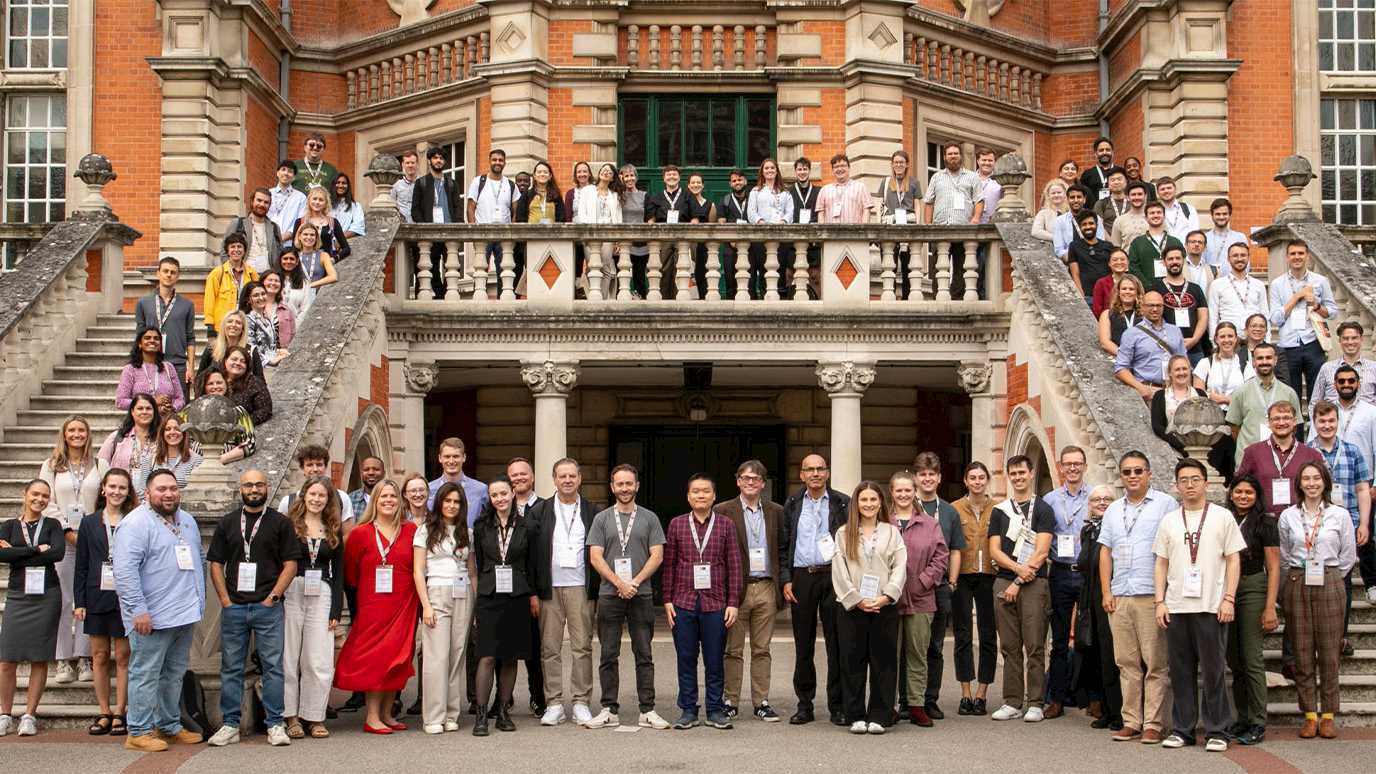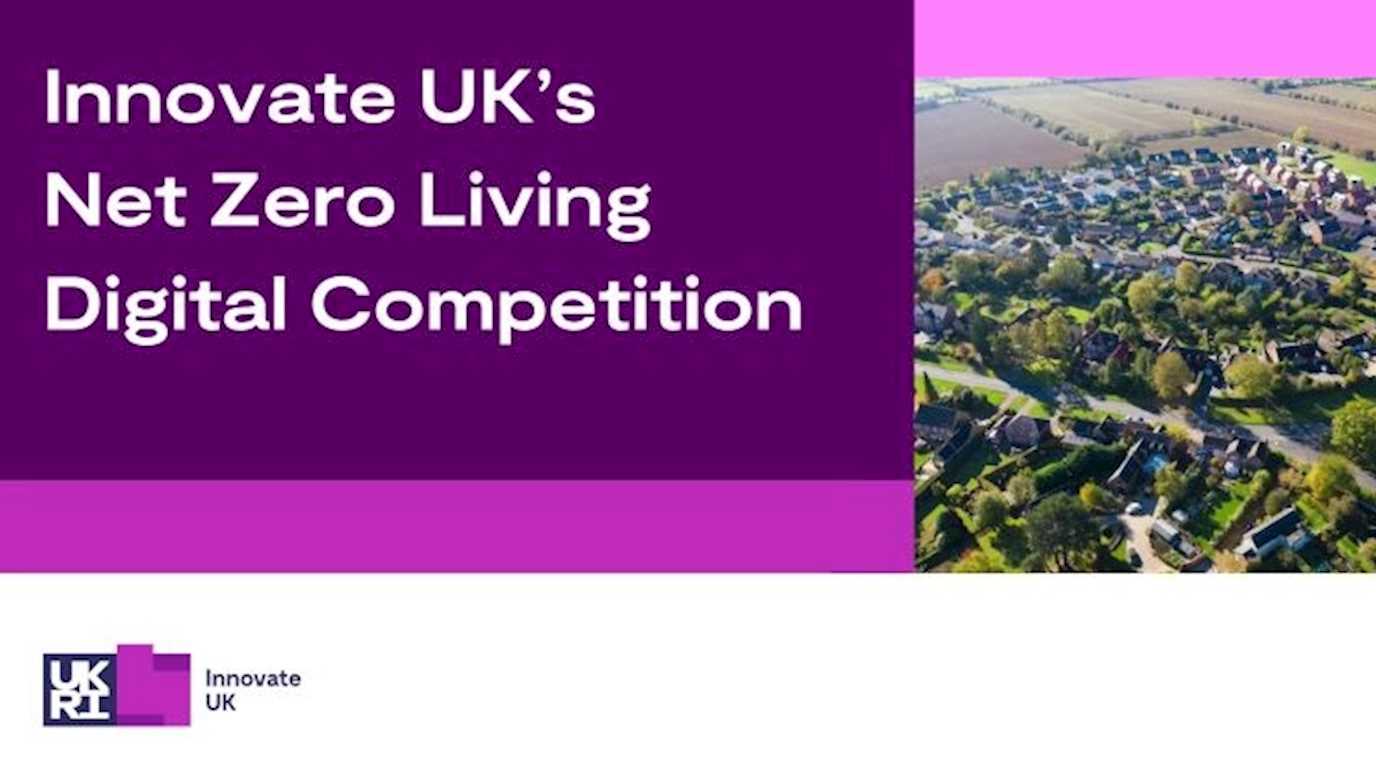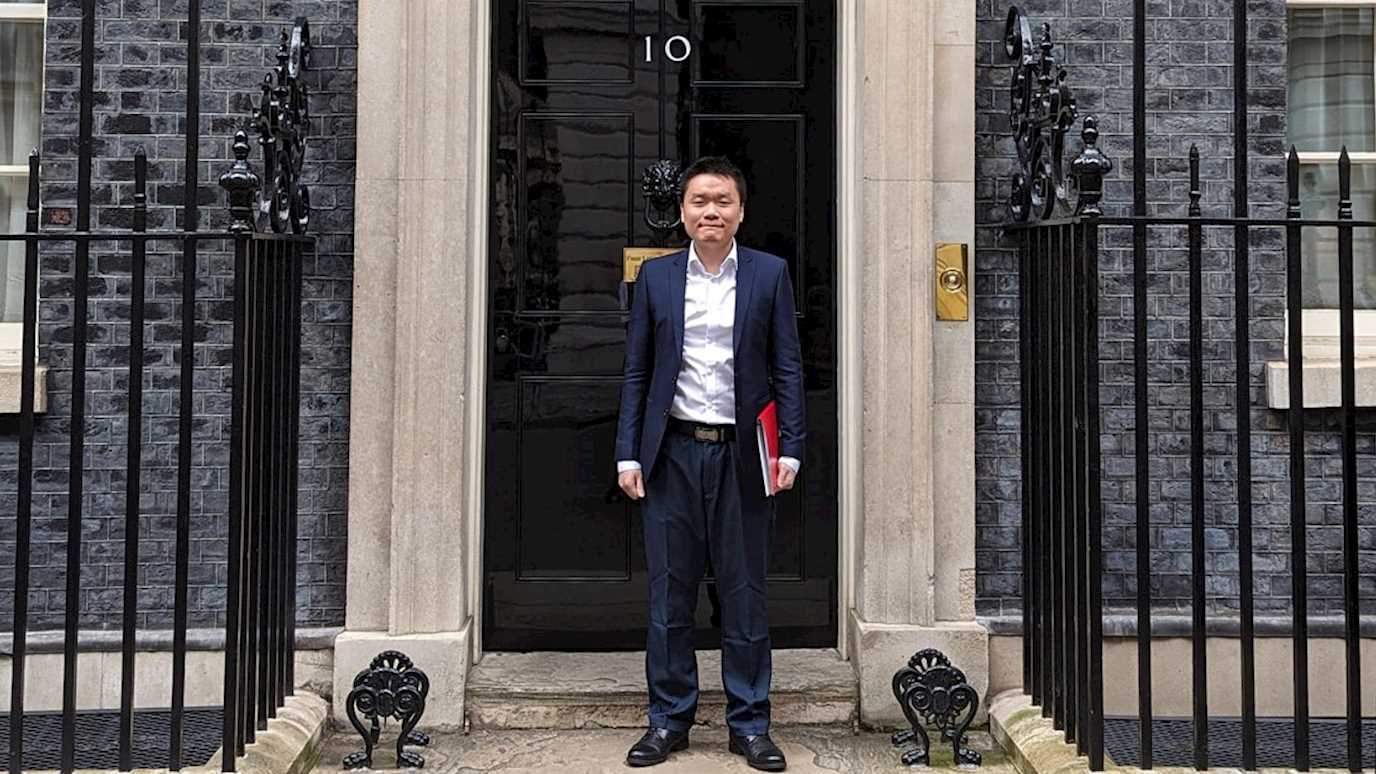Professor Sara Bernardini, Department of Computer Science, recently contributed to a new BBC Radio 4 series 39 Ways to Save the Planet, in an episode on offshore wind turbines, to explore how cutting-edge technology can support renewable energy.

Professor Sara Bernardini, Department of Computer Science, Royal Holloway
We caught up with Professor Bernardini to ask more about the episode and where we could listen to it.
1. Can you tell us a bit about yourself and your role in the Department of Computer Science?
I am a professor of Artificial Intelligence (AI) in the Department of Computer Science. I am also the Director of the MSc in AI and the Diversity and Equality Champion for my department. My research focuses on designing and engineering intelligent and autonomous systems (e.g., drones, robots, underwater vehicles, etc.) for complex, real-world applications and lie at the intersection between different areas: artificial intelligence, advanced robotics and mathematical optimisation. My expertise is on cutting-edge technology for challenging environments. I have worked in several domains, including space mission operations, nuclear decommissioning, mining, underwater operations, surveillance, offshore energy and disaster response.
2. You recently appeared in the BBC Radio 4 series 39 Ways to Save the Planet, can you tell us about the episode you are in?
The episode I participated in is about how AI and robotics can help with generating renewable energy. In particular, I discussed my research in the context of the project MIMRee (https://www.mimreesystem.co.uk/), which aims to develop the world’s first fully autonomous multi-robot system for the inspection, maintenance and repair of offshore wind farms.
In the episode, we introduced the listeners to the BladeBUG crawler, which is a legged robot that can walk up and down a turbine’s blade to carry out inspection and maintenance tasks. I also presented the audience with mission planning, which is a set of techniques to coordinate the behaviour of a team of robots that need to cooperate to reach a common goal.
3. How did you first come to hear of the series?
I was contacted by the programme’s producer, Alisdair Cross, who came across the work we are carrying out in the context of the MIMRee project and was enthusiastic about it. The BBC Radio 4 series is about how to save the planet, and he was keen to dedicate an episode to cutting-edge technology that can support renewable energy.
4. Where can people listen to it?
The episode called 'Robots of the wind' is available at the following link on the BBC programmes website
and on Sara Bernardini's webpage
Programme summary:
The UK government is betting big on offshore wind to provide a huge percentage of our electricity by 2030. The turbines are certainly efficient, low carbon energy producers but they have one Achilles heel. They're expensive to maintain and repair. Boats or helicopters have to be sent out with a maintenance crew- it's dangerous and costly work. Developers in robotics and artificial intelligence have got together to come up with a solution. If an offshore turbine needs checking an unmanned boat will head out to sea. Once in position it will launch a drone which can inspect the turbine. If a closer look is needed then the drone can launch its secret weapon- the BladeBUG. It's a suitcase-sized robot which can cling to the huge turbine blades, check them and even clean or repair them. They should make new offshore wind development cheaper and safer.
























